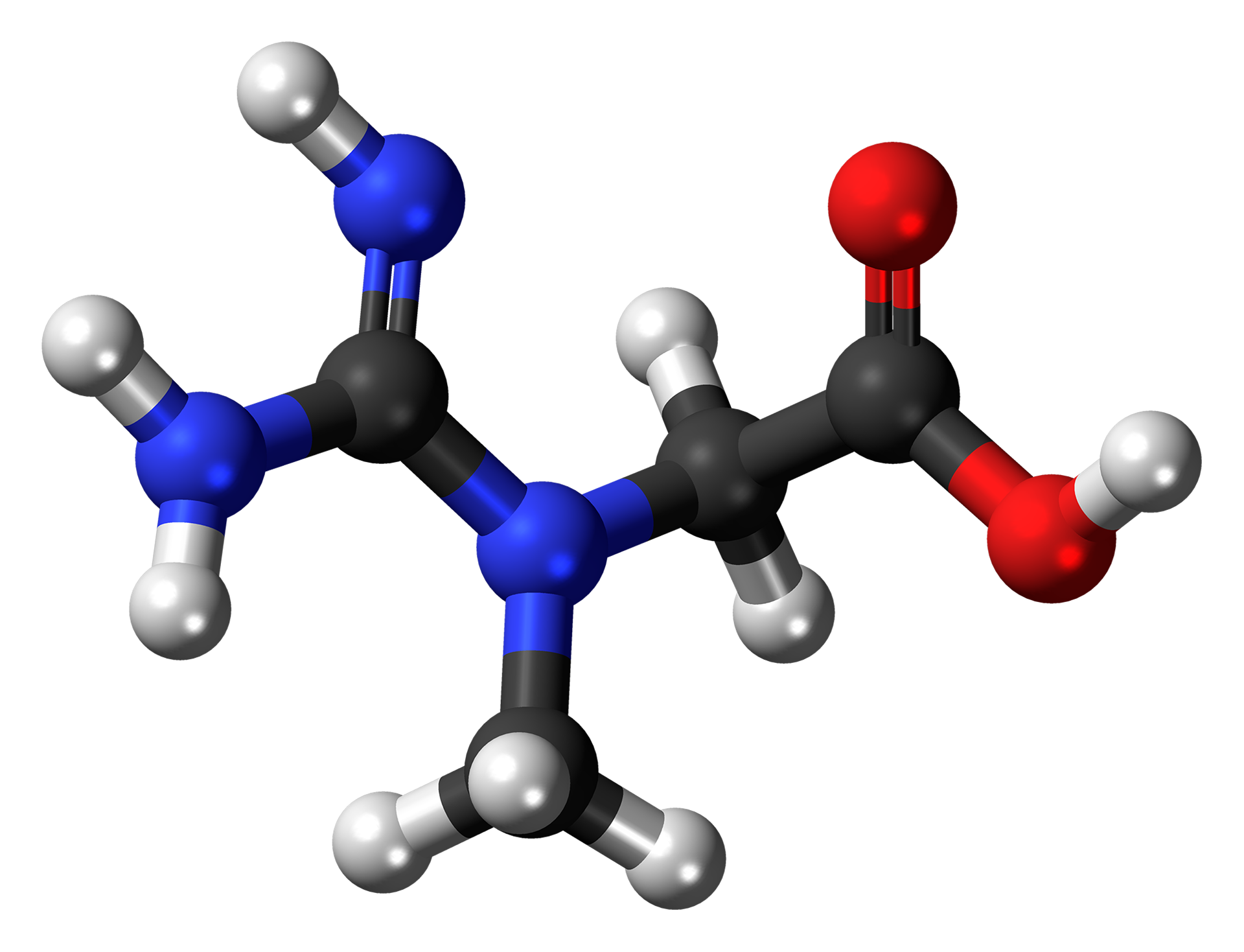Creatine, in biochemistry, is a nitrogen-containing organic acid naturally present in vertebrates that helps to power muscles and nerve cells. Creatine is also an amino acid derivative naturally produced in the human body. It can quickly increase muscle strength, accelerate fatigue recovery, and increase explosive power. Within a certain limit, the more creatine is stored in the body, the stronger its strength and athletic ability.

Our body is able to produce creatine, and a daily diet such as some fish, meat is also one of the sources of creatine, but the creatine requirements cannot be fully met in the daily diet. Therefore, some fitness personnel will choose to take creatine powder and creatine capsules. Adults who wish to improve their performance needs about 5 grams of creatine per day.
How to take creatine
The recommended daily consumption of creatine is 5 grams. The creatine powder can be mixed with warm water for 1 cup (water temperature is preferably less than 40 degrees water), or added to whey protein powder or muscle-enhancing powder. Creatine is a crystal that is not easily soluble in water, so there may be some insoluble residue when mixing. If you think that creatine powder is more troublesome to take, you can choose to make it into a capsule for easy carrying and swallowing. For people who gain muscle, creatine is usually supplemented after exercise; for people with poor strength, pre-workout supplement is helpful for increasing the level of strength during strength exercises, so it can also be eaten before exercise.

Things to avoid when taking creatine:
- 1. Taking creatine should be reasonable to grasp the dose and time.
- 2. The intake of creatine should match the training content such as strength or speed. Take care not to overtrain during creatine to prevent muscle and ligament strain.
- 3. During the period of taking creatine, add enough water every day to ensure the hydration of the cells to prevent dehydration. In addition, this prevents side effects of muscle tightness, stiffness or cramps after creatine use.
- 4. Creatine should be taken with glucose or other sugary drinks (except fructose), because the increase in insulin concentration caused by sugar accelerates the absorption of creatine by muscle cells.
- 5. Because of the increase in body weight caused by the administration of creatine, athletes who need to control weight or lose weight should be used with caution.
- 6. Pregnant, lactating women or patients with kidney disease or diabetes should not take creatine. Always consult a doctor before adding any dietary supplements.


